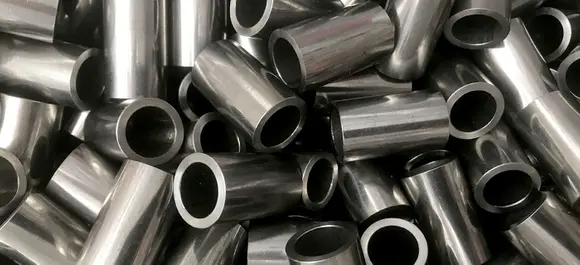Mobile:+86-311-808-126-83
Email:info@ydcastings.com
cast impeller
The Significance of Cast Impellers in Modern Engineering
Cast impellers play a crucial role in various industrial applications, particularly in pumps, turbines, and fans. The design and manufacturing of impellers have evolved significantly over the years, with advancements in casting technologies leading to improved performance and durability. Understanding the principles behind cast impellers can provide valuable insights into their importance in modern engineering.
At their core, impellers are rotating components that impart energy to a fluid, facilitating its movement through a system. Cast impellers are typically made from materials like aluminum, bronze, or stainless steel, which are molded into specific shapes to optimize fluid dynamics. The casting process allows for intricate designs that can enhance efficiency and reduce turbulence within the fluid flow. This results in improved performance metrics, making cast impellers indispensable in various sectors, including water treatment, HVAC systems, and chemical processing.
One of the primary advantages of cast impellers is their ability to withstand harsh operating conditions. High-quality castings can endure significant stress, corrosion, and temperature variations, making them ideal for applications in industries such as oil and gas, where reliability is paramount. Additionally, the use of advanced materials and coatings can further enhance their resistance to wear and tear, extending their operational lifespan and reducing maintenance costs.
cast impeller

Furthermore, the design flexibility offered by casting techniques allows engineers to create custom impellers tailored to specific performance requirements. By adjusting parameters such as blade geometry, pitch, and diameter, engineers can optimize the efficiency of a system for different fluid characteristics. This versatility is particularly beneficial in sectors where system requirements can vary greatly, enabling the development of impellers that can handle varying flow rates and pressures.
As technology continues to advance, the introduction of computer-aided design (CAD) and computational fluid dynamics (CFD) has revolutionized the way impellers are conceived and analyzed. These tools allow for the precise modeling of fluid behavior around impellers, leading to more efficient designs and improved overall performance. Manufacturers can simulate real-world conditions and make data-driven decisions, reducing the time and cost associated with prototyping and testing.
In conclusion, cast impellers are essential components that significantly influence the efficiency and reliability of fluid systems across various industries. Their ability to be tailored for specific applications, coupled with advancements in material science and engineering design processes, ensures that they remain at the forefront of modern engineering solutions. As industries continue to evolve and face new challenges, the importance of optimizing fluid dynamics through effective impeller design will only grow, solidifying the role of cast impellers in the future of engineering.
-
Why Should You Invest in Superior Pump Castings for Your Equipment?NewsJun.09,2025
-
Unlock Performance Potential with Stainless Impellers and Aluminum End CapsNewsJun.09,2025
-
Revolutionize Your Machinery with Superior Cast Iron and Aluminum ComponentsNewsJun.09,2025
-
Revolutionize Fluid Dynamics with Premium Pump ComponentsNewsJun.09,2025
-
Optimizing Industrial Systems with Essential Valve ComponentsNewsJun.09,2025
-
Elevate Grid Efficiency with High-Precision Power CastingsNewsJun.09,2025











